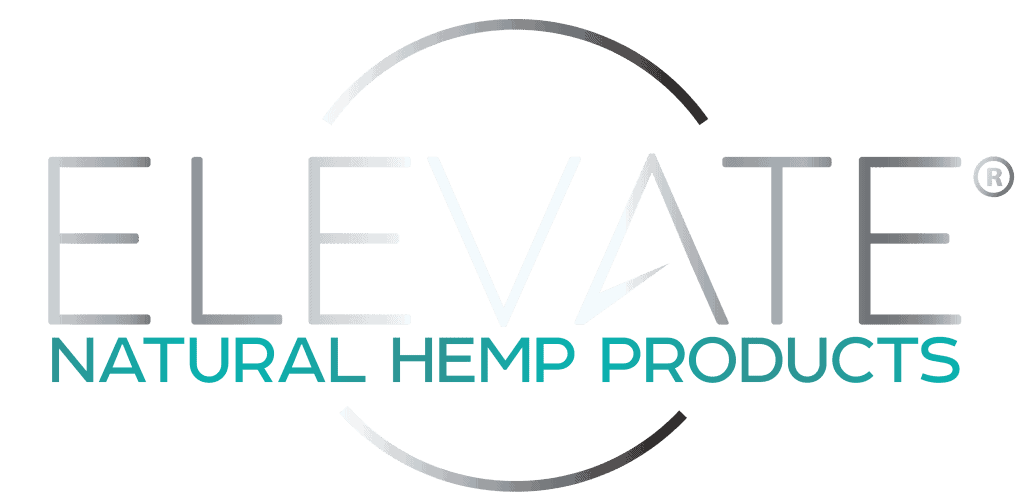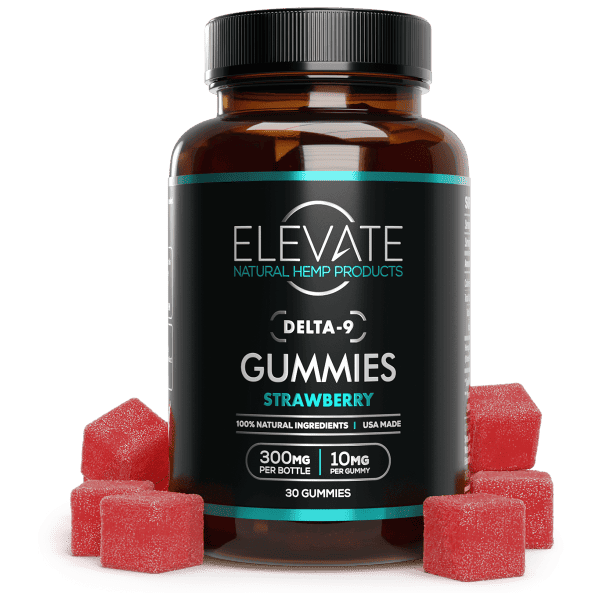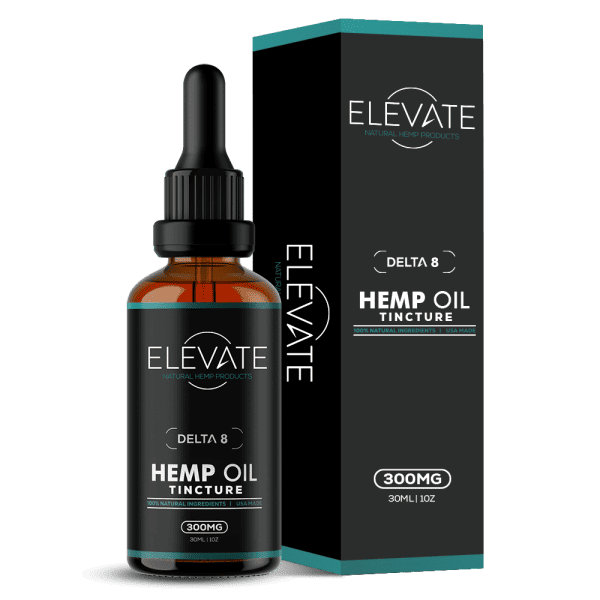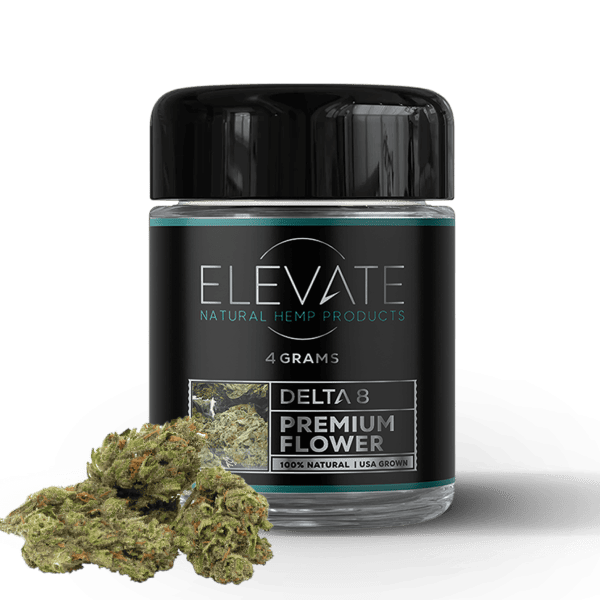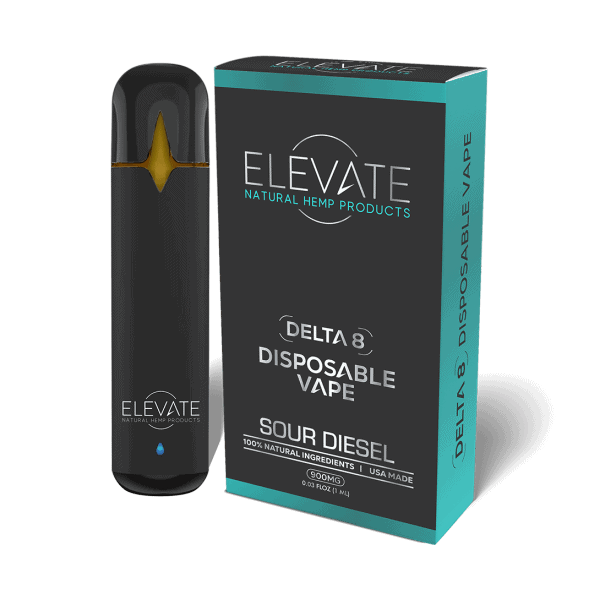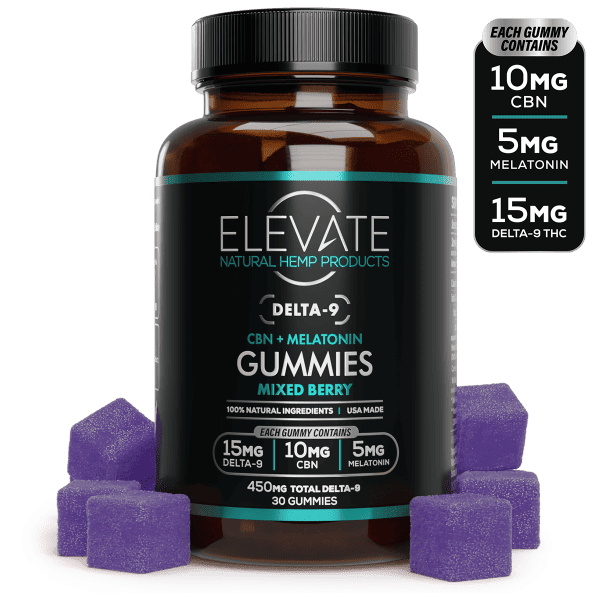
HHC vs Delta 9
In the dynamic universe of cannabis, we’re inviting you on a journey that’s anything but ordinary. No complicated discussions, no run-of-the-mill stories. Today, let’s uncover the secrets of HHC (Hexahydrocannabinol) and Delta-9 Tetrahydrocannabinol (Delta 9 THC) – it’s like stepping into uncharted territory, discovering something beyond what you might expect.
As we navigate the diverse landscape of cannabis, our goal is to break down the details of HHC and Delta 9 THC. We won’t just skim the surface; we’re going deep. Think of it like an adventure – we’re peeling back layers to find the hidden treasures these compounds have. It’s not just a chat; it’s an invitation to join a journey that could change how you see things, a deep dive where we push the limits of what we know.
So, let’s leave behind the usual and ordinary. Come along on this exploration of cannabis secrets, where HHC and Delta 9 THC aren’t just chemicals; they’re like keys to discovering something extraordinary. Welcome to an adventure that goes beyond what you might expect, a journey that promises to reveal things you never thought about. Think of it as a fresh take on understanding cannabis – are you up for exploring the unknown?
What is HHC?
HHC, or Hexahydrocannabinol, is a distinctive term resonating within the corridors of the cannabis world. In this exploration, we embrace the challenge of unraveling the mysteries woven into the fabric molecular structure of this compound. In our quest for understanding, we delve into the very molecular core of HHC, meticulously dissecting its essence. This involves a detailed exploration of its chemical structure and properties, highlighting the peculiar traits that distinguish it within the continually unfolding panorama of the cannabis landscape.
Effects of HHC on Body
HHC operates within the body in a manner akin to other cannabinoids, engaging with the intricate network of the endocannabinoid system (ECS) and its diverse neurotransmitters. The ECS, widely distributed and diverse, features concentrated receptors in the brain and dispersed receptors throughout various organs and body regions.
Unlike targeting a singular receptor type or specific body area, HHC mirrors other cannabinoids in its adaptive effects, interacting with different facets of the ECS based on the body’s needs. This includes engagement with CB1 receptors, primarily linked to cerebral effects, and CB2 receptors, associated with the physical and “body high” sensations.
Practically speaking, the effects of HHC resemble those of THC and its analogs, showcasing more pronounced impacts compared to the nuanced effects of CBD. While HHC retains psychoactive properties, it stands notably less potent than many of hemp derived cannabinoids and the THC products prevalent in the market today. This nuanced approach to cannabinoid interaction highlights the intricate dance between HHC and the ECS, offering effects that balance both cerebral and physical dimensions.
Is HHC Legal?
Under the 2018 Farm Bill, HHC found itself categorized as a federally legal hemp derivative. Its classification as such is attributed to being less potent than traditional delta-9 THC, resulting in fewer reported safety issues and positioning it as a relatively under-the-radar product compared to others in hemp market.
This revelation comes as positive news for those intrigued by exploring HHC. It’s imperative to approach the compound with a degree of caution, similar to so many hemp-derived products. Vigilance is key, and consumers are encouraged to cross-check manufacturers and production methods. Seeking HHC products that come with third-party lab tests ensures both purity and consistency, offering a layer of reassurance to those delving into the realm of HHC.
While the legal landscape of hemp is subject to change, at present, HHC seems to enjoy a clear legal standing. This doesn’t negate the importance of staying informed about evolving regulations and maintaining a discerning approach to ensure a safe and enjoyable experience with HHC products.
What is Delta 9 THC?
Delta-9 Tetrahydrocannabinol, commonly known as Delta 9 THC, stands as a pivotal component in the cannabis plant, renowned for delivering the quintessential cannabis experience. This particular cannabinoid holds significance due to its psychoactive nature, being the primary agent responsible for the euphoria and intoxication often associated with cannabis consumption.
Exploring Delta 9 THC involves understanding its origins within the cannabis plant and its intricate interactions with the human endocannabinoid system. The effects attributed to Delta 9 THC encompass not only the alteration of mood and perception but also a range of sensory experiences.
Effects of Delta 9 on Body
Delta-9, much like HHC and other variants of delta compounds, exerts its influence on the body. What sets delta-9 apart is its direct binding to CB1 receptors, resulting in more intense and sustained psychoactive effects. Even in small quantities, users of delta-9 may encounter sensations such as altered time perception, heightened sensory experiences, along with mild sedation or euphoria.
The method of delivery also plays a pivotal role in shaping the effects of delta-9. For instance, smoking cannabis flower containing delta-9 induces a rapid high within minutes, while ingesting an edible like a delta-9 gummy may take up to an hour for effects to manifest.
Despite the variety in delivery methods, the fundamental truth about delta-9 remains evident – it stands as the most potent, naturally occurring form of THC. This holds true even with the introduction of new THC variations.
The positive aspect is the abundance of options available in the market, allowing individuals to find a THC product that aligns with their preferences and lifestyles. Whether opting for lower doses or alternative formulations, there is a diverse array of choices catering to individual needs and desired levels of psychoactive effects.
Is Delta 9 Legal?
Following the enactment of the Farm Bill, delta-9 found a legal foothold within certain concentrations in hemp extract products. The regulatory threshold stipulates that if a product contains 0.3% or less delta-9 by dry weight, it attains federal legality. To illustrate, a full-spectrum hemp extract boasting 0.3% delta-9 THC can be legally marketed and consumed across a broad spectrum of locations.
The landscape is not without its complexities. Some states are challenging these Farm Bill regulations in response to manufacturers exploiting loopholes, allowing for higher THC serving sizes in specific items, such as edibles. The potential for shifts in the legal status of delta-9 cannabis plants looms on the horizon, making it imperative to stay informed about the evolving laws in your state. Being vigilant and prepared to explore alternatives, if necessary, remains crucial in navigating the dynamic legal framework surrounding delta-9 THC.
Comparison Between Delta 9 and HHC
Let’s delve into a detailed exploration of the key differences between HHC and delta-9 THC, aiding in making an informed choice based on individual needs:
| Feature | HHC | Delta-9 THC |
| Molecular Formula | C21H34O2 | C21H30O2 |
| Chemical Structure | No double bonds | Double bond on the ninth carbon |
| Effects | Subtle, lighter, conducive to creativity and productivity | Cerebral high, mild sedation, relaxation |
| Potency | Less potent compared to many THC products | Most potent naturally occurring THC |
| Delivery Methods | Various, including tinctures, oils, capsules, vapes, and edibles | Diverse range with a longer history, including multiple formulations |
| Legal Status | Varies, potentially influenced by local regulations | Subject to regional and national cannabis laws |
Chemistry
Both HHC and delta-9 THC share carbon, hydrogen, and oxygen atoms in their chemical makeup. The crucial distinction lies in the absence of double bonds on hydrogen atoms in HHC, contrasting with the double bond on the ninth carbon in delta-9 THC. This seemingly minor difference significantly influences how these molecules interact with the body.
Delivery Methods
HHC products have flooded the market since receiving approval from the Farm Bill. Various delivery methods, including tinctures, oils, capsules, vapes, and edibles, have become available. In contrast, delta-9 THC, with a longer history of use, boasts a broader range of formulations, offering a more extensive variety of products. This reflects the evolving nature of HHC in catching up with the popularity of delta-9 THC.
Effects
The effects of HHC and delta-9 THC differ in intensity and character. Delta-9 is known for its cerebral high and mild sedation, while HHC is reported to offer more subtle, lighter effects, promoting creativity and productivity. The contrast in effects suggests that while delta-9 may be preferred for relaxation, HHC could be integrated more seamlessly into daily activities.
Potency
The potency of HHC and delta-9 THC is a crucial factor when considering the right product for your needs. Delta-9 THC is recognized as the most potent, naturally occurring form of THC. Its direct binding to CB1 receptors often results in intense and sustained psychoactive effects, even in low amounts.
On the other hand, HHC, while still a psychoactive substance, is notably less potent than many of the THC products available today. This distinction in potency impacts the overall strength of the product and is a significant consideration when tailoring your cannabis experience to desired levels of intensity.
Benefits of HHC and Delta 9
Delta-9 THC:
Pain Management: THC has demonstrated analgesic properties and may be effective in managing various types of pain.
Nausea and Vomiting Relief: Delta-9 THC has been used to alleviate nausea and vomiting, particularly in patients undergoing chemotherapy.
Appetite Stimulation: THC is known to stimulate appetite, which can be beneficial for individuals with conditions that cause a loss of appetite.
Muscle Relaxation: THC may have muscle-relaxant effects, potentially beneficial for conditions involving muscle spasms.
Elevated Mood: Some users report euphoria and mood elevation, which may be beneficial for individuals dealing with mood disorders.
Hexahydrocannabinol (HHC):
Potential Pain Relief: Like other cannabinoids, HHC might interact with the endocannabinoid system and influence pain perception.
Anti-inflammatory Effects: HHC is known for its potential anti-inflammatory properties.
Possible Relaxation: Depending on its interaction with receptors in the body, HHC might have relaxation effects.
Mood Regulation: Cannabinoids can influence mood, and HHC might have effects on mood regulation.
Concluding Considerations on Delta 9 THC and HHC
In choosing between cannabinoids, consider how each one affects you and the variety of hemp products they are available in. Experimenting with different cannabinoids and hemp products provides valuable anecdotal evidence for personal preferences. If you seek a calming full-body euphoria, Delta 9 THC products are likely your preferred option.
For a less potent experience with a touch of stimulation and energy, HHC can provide that unique sensation. Delta 8 hemp products offer a balanced choice, being less potent than HHC or Delta 9 THC but still enjoyable at higher doses without overwhelming effects. Ultimately, the decision hinges on individual preferences and the specific experience you are seeking.
Related Posts
Live Resin Carts vs Normal Carts
Are you curious about the buzz surrounding live resin carts and how they compare to traditional vape cartridges? Live resin carts have surged in popularity …
Does THCa Get You High?
Curious about THCa and its effects? You’re not alone. As cannabis research expands, more light is shed on the lesser-known compounds in the plant. THCa, …




